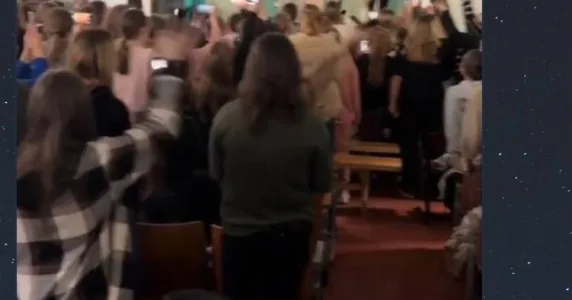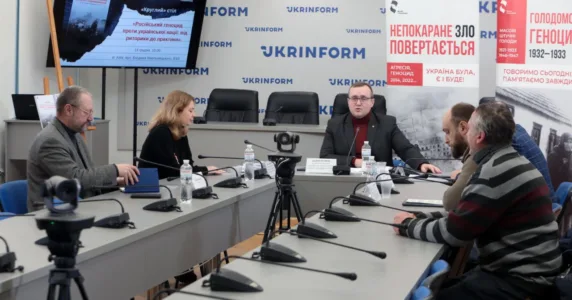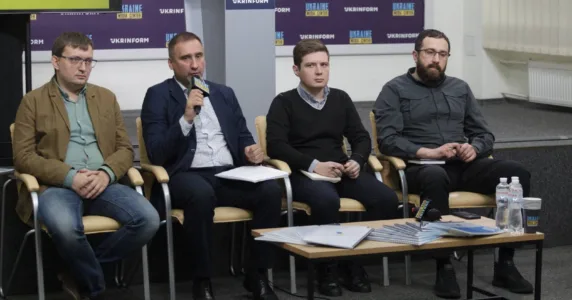Navigation and useful materials
During the full-scale war, the Russian occupiers committed a large number of crimes in Ukraine that could be qualified as acts of genocide.
Mass murders in Bucha and Izium, missile attacks on the railway station in Kramatorsk and on a café in the village of Hroza in the Kharkiv oblast, the destruction of Mariupol, which was accompanied by the bombing of the maternity hospital and the Drama Theatre which served as a shelter for civilians with children — this list is far from exhaustive.
The International Criminal Court responded to the deportation of Ukrainian children from the occupied territories by issuing an arrest warrant for the President of the Russian Federation, Vladimir Putin, and the Russian Commissioner for Children’s Rights, Maria Lvova-Belova.
“Prosecutor General’s Office to Use the Document in Investigations.” Key Points from the Presentation of the Study that Will Help Punish the Occupiers for the Genocide of Ukrainians
In turn, the Russian propaganda keeps dehumanizing and demonizing Ukrainians and threatening to use weapons of mass destruction, calling for their murder.
Genocidal rhetoric is used not only by participants of propaganda talk shows or admins of anonymous Telegram channels. The Centre for Strategic Communication and Information Security identified its elements in the phrasing used by representatives by the Russian authorities and in the materials created and disseminated on the order and under the control of the Russian government:
- school textbooks;
- materials published on official communication channels of the authorities;
- publications of the federal media, which are subordinate to the government and financed by it.
The Russian legislation contains a number of provisions discriminating against Ukrainians in Russia and in the occupied territories, which also create a legal framework for committing crimes with characteristics of genocide against them.
All of this gives us reason to speak not about isolated situations, but rather about a consistent policy of the Russian government towards Ukraine and Ukrainians, and the presence of genocidal intent in the Kremlin’s actions.
Find out more in the Centre’s research “Genocidal Rhetoric of the Russian Regime.”
If you have found a spelling error, please, notify us by selecting that text and pressing Ctrl+Enter.


